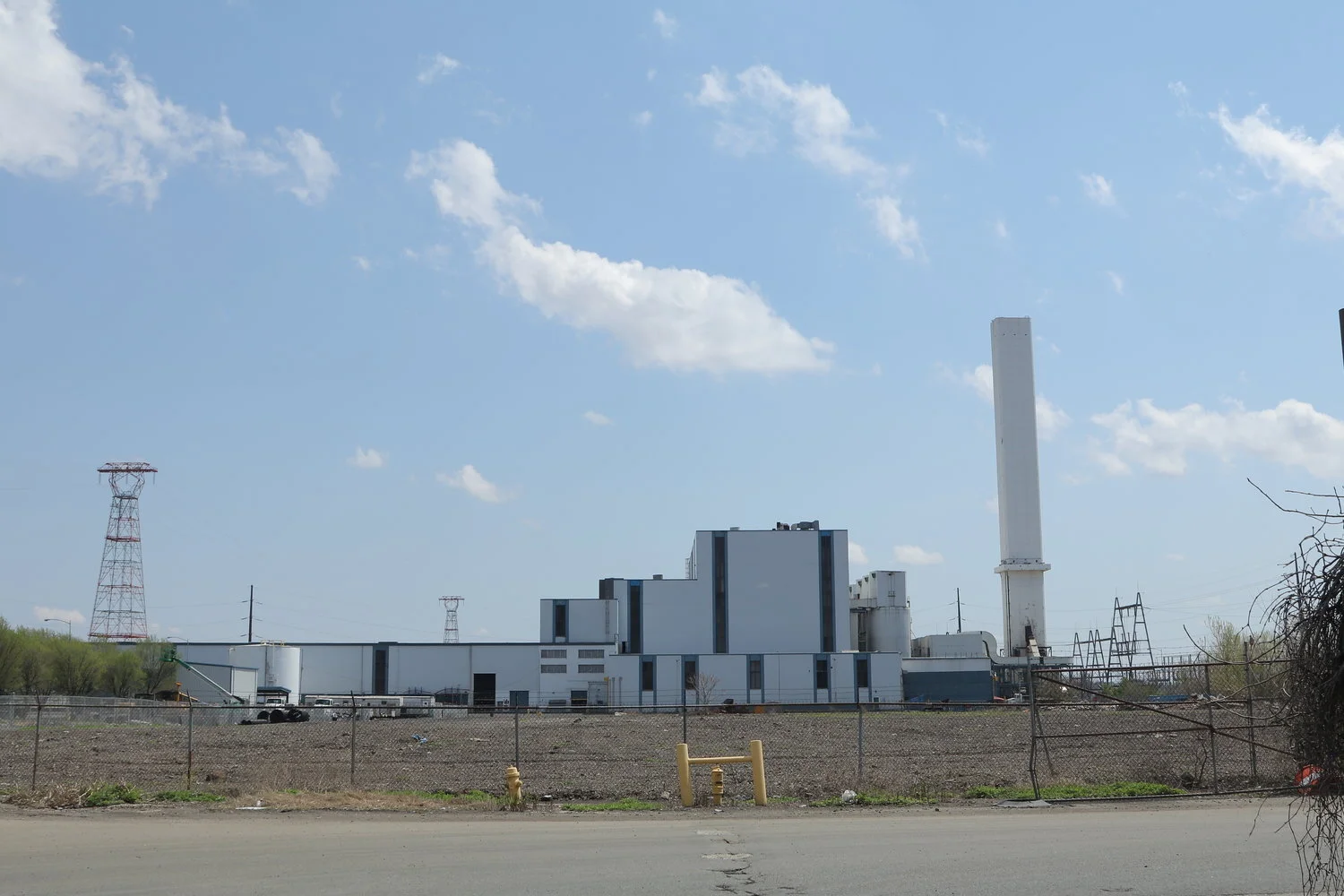Flashing-light crosswalks unsafe
I have railed about this before to no avail. Crossing the street at the crosswalks with flashing lights at the intersections of Harvard and Chester roads, and elsewhere in Swarthmore, is akin to a suicide mission. Where in this universe does a flashing yellow light connote “stop” and not merely “slow down”?
Lifer James Taylor deserves clemency
A criminal justice webinar on June 16 will address the economic impact of incarceration and of having a criminal record on prisoners, parolees, and their families. The panel will include Maurice Q. Jones, general manager of People Advancing Reintegration (PAR).
Priority: Delco Thrive
My family has recently enjoyed delicious take-out meals from two restaurants we had never heard of before, thanks to Transition Town Media’s new program, Priority: Delco Thrive. The brainchild of Ulysses Slaughter, Priority: Delco Thrive chooses one Delaware County food establishment per month for customers to “blitz.”
Important ballot questions on May 18 ballot
The Pennsylvania primary election on May 18 is extremely important. Two proposed constitutional amendments on the ballot address the ability of the state legislature to override a governor’s declaration of an emergency.
Eco-fair thank yous
A big thank you to those who helped make the Swarthmore-Rutledge School Book Club eco-fair a great success.
Bowling Alone author offers hope at Rotary
Many of us believe that economic inequality, political polarization, and social isolation are worse now than they have ever been. On April 29, Robert D. Putnam, the acclaimed author of Bowling Alone: The Collapse and Revival of American Community, told the Swarthmore Rotary Club that our country has faced similar problems before — specifically, 120 years ago at the end of the 19th century.
We don’t want your trash in Chester
Covanta is indeed “well within breathing distance of many people, including – on a calm day – Swarthmore residents.” But by far the worst pollution fallout is right here in Chester, as Covanta burns other people’s trash.
Facts about trash and how to make less of it
A 2019 study by the New School concluded that so-called “waste-to-energy” plants emit mercury, lead, particulate matter, sulfur dioxide, nitrous oxide, and carbon monoxide. Research indicates that Chester’s residents suffer from heart disease, asthma, and other chronic illnesses at levels far higher than the national average.








